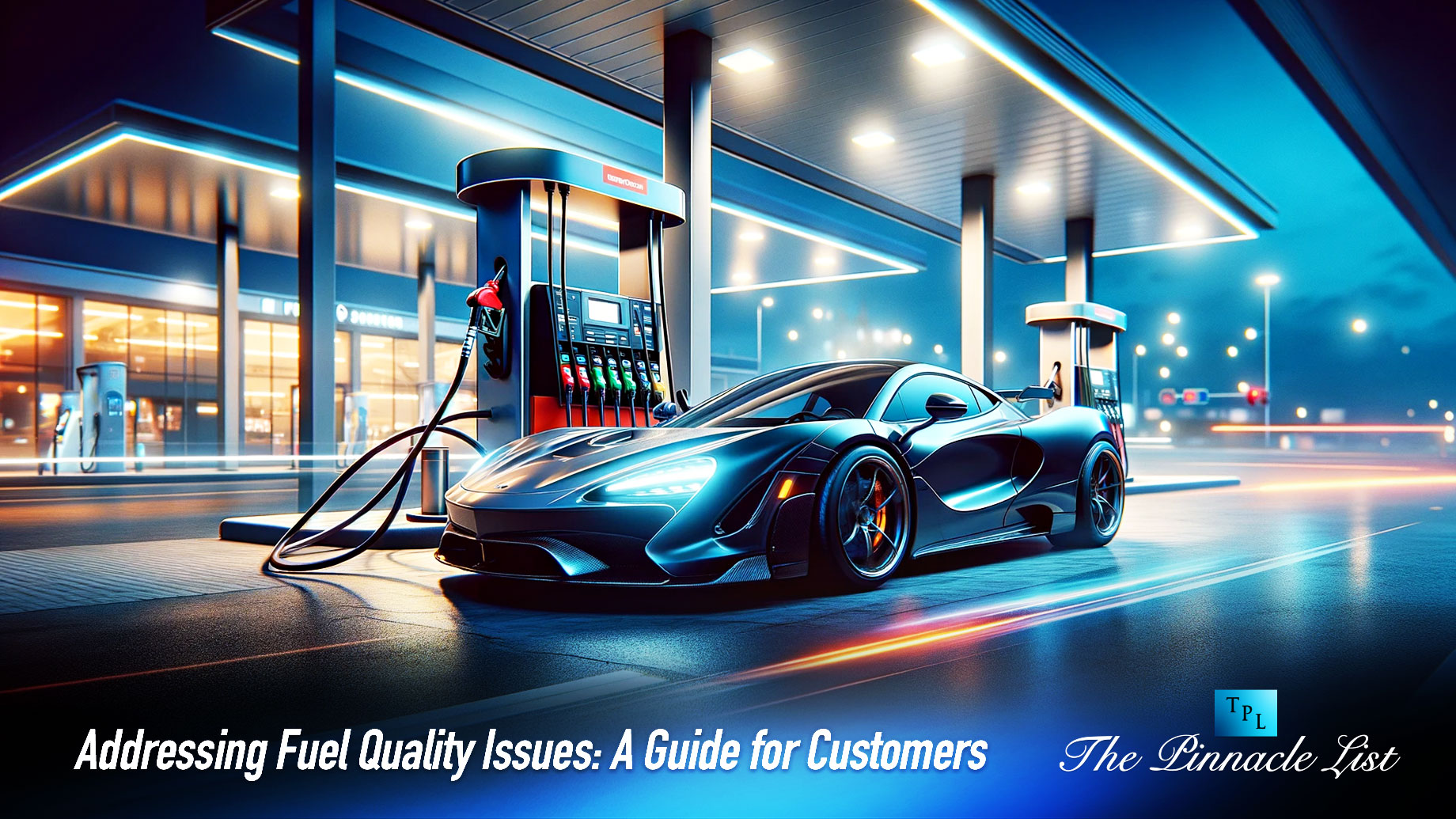
In the realm of automotive maintenance, the fuel system plays a crucial role in ensuring optimal performance. However, when faced with persistent issues despite a seemingly functional fuel pump, the quality of the fuel itself becomes a pertinent consideration. Contaminated or deteriorated fuel can undermine the efficiency of the entire system, leading to recurring problems. In this guide, we aim to educate customers on recognizing and addressing fuel quality issues. By understanding the importance of fuel quality and implementing appropriate measures, drivers can maintain the health of their vehicles and mitigate the likelihood of recurrent fuel-related issues.
For a comprehensive understanding, wowOwow offers additional insights and resources on maintaining vehicle health and addressing fuel-related issues effectively.
Recognizing Signs of Poor Fuel Quality
Signs of poor fuel quality encompass engine hesitation, rough idling, reduced fuel efficiency, and engine knocking. Furthermore, frequent illumination of the vehicle’s check engine light may signal underlying fuel-related issues requiring thorough examination. These indicators underscore the importance of monitoring fuel quality to prevent potential engine damage and ensure optimal vehicle performance. Regular maintenance and adherence to fuel quality standards are essential for mitigating such concerns.
In Scottsdale, drivers can access reliable services to diagnose and resolve fuel-related issues, ensuring their vehicles operate smoothly and efficiently. For those in need, diesel fuel delivery in Scottsdale offers a convenient solution to maintain fuel quality and keep vehicles running at their best. These services not only provide high-quality fuel but also help drivers avoid potential complications caused by contaminated or low-grade fuel, ensuring peace of mind on the road.
Sources of Contaminated Fuel
Contaminated fuel sources are diverse, ranging from poorly maintained gas station storage tanks to water or debris ingress during fuel transport. Additionally, condensation accumulation in fuel tanks can introduce contaminants. These sources highlight the susceptibility of fuel to contamination throughout its journey, underscoring the importance of stringent quality control measures at every stage of production, storage, and distribution to safeguard against fuel impurities and maintain optimal vehicle performance.
Impact of Bad Fuel on Vehicle Performance
Bad fuel poses significant risks to engine performance and longevity. It can cause engine misfires, resulting in decreased power output and increased emissions. Moreover, contaminants in the fuel can damage crucial components like fuel injectors and pumps, leading to costly repairs. Ensuring fuel quality is essential to prevent these issues and maintain optimal engine function, reducing the likelihood of breakdowns and prolonging the lifespan of the vehicle.
Preventive Measures for Maintaining Fuel Quality
Preventive measures for maintaining fuel quality encompass several key actions. Purchasing fuel from reputable stations ensures higher-quality products. Avoiding refueling during gas station tank maintenance reduces the risk of contaminant exposure. Using fuel stabilizers for long-term storage helps maintain fuel integrity. Additionally, regular fuel system inspections allow for early detection of potential issues, enabling prompt intervention to prevent fuel-related problems and ensure optimal vehicle performance over time.
Seeking Professional Assistance and Solutions
When faced with persistent fuel-related issues, consulting a qualified mechanic is crucial. Professional solutions may entail thorough fuel system flushes to remove contaminants, replacing damaged components such as fuel filters or injectors, and recommending appropriate fuel additives or treatments to improve fuel quality and performance. By seeking expert assistance, individuals can address underlying fuel issues effectively, restoring their vehicle’s functionality and minimizing the risk of further complications down the road.
Understanding and addressing fuel quality issues is crucial for vehicle longevity. Implement preventive measures and seek professional assistance. If issues persist, consider factors like a bad fuel pump. Stay vigilant for comprehensive troubleshooting and resolution.